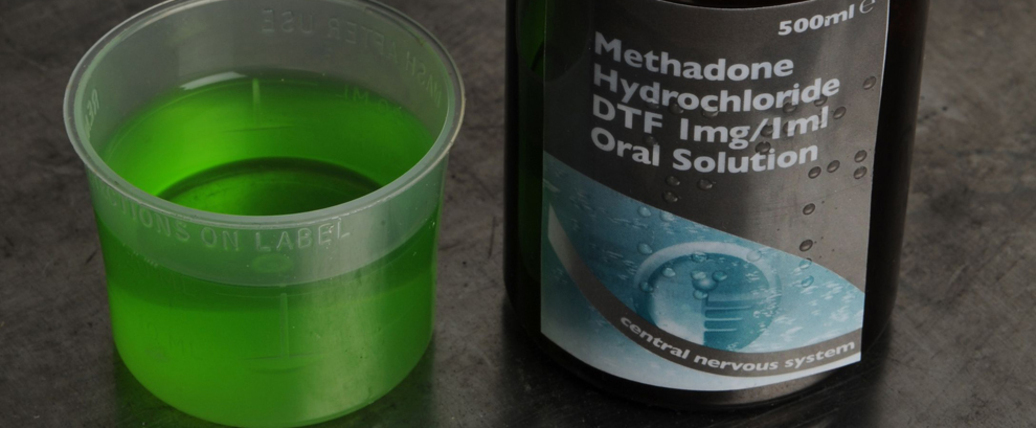The psychedelic renaissance has been propelled forward by its newfound compatibility with mainstream market forces in the West: self-driven improvements (often to improve productivity or creativity), exploring alternatives to Western pharmaceutical-based medicine, and a consumer culture that turns novel fashions into marketable products. This defines the psychedelic renaissance of the 21st Century, which has, in a reptile-like fashion, shed its past underground/anti-establishment and has rebranded itself as the next “big thing”. Psychedelics are no longer counter-culture, they’re increasingly ‘over the counter culture’.
The conversation around psychedelics has primarily been focused on mainstreaming psychedelic-assisted therapy, often sidelining practical conversations on what other models of access for non-medical use of psychedelics would look like. Transform Drug Policy Foundation’s newly published How to Regulate Psychedelics: A Practical Guide tackles this issue head on by proposing a comprehensive and well thought through model for the regulated access to psychedelic compounds.
Transform explicitly aims to avoid the risk of ‘corporate capture’ by proposing policy solutions focused on legitimate use by user groups, “including young people using psychedelics in recreational settings”. By shifting the discussion beyond the remit of the popular psychedelic renaissance, Transform boldly pushes the psychedelic zeitgeist into addressing outstanding questions about use, access, control and supply beyond the medicalised and self-help approaches.
In some ways, the model that Transform proposed represents a radical vision of a psychedelic society. The overarching principle of the report is that “any risks associated with drug use and drug markets are increased under prohibition” and that risks can be mitigated with a harm reduction approach sensitive to the evidence-based analysis of the relative harms of different psychedelic drugs. Calls for a harm reduction approach to drug policy are nothing new. However, the widespread call for the deciminalisation and regulation of psychedelics is needed to truly reduce the harms of criminalisation, as well as impose quality and access controls to reduce further risks, such as children inadvertently consuming psychedelics.
Recommendations for regulation

Transform’s report presents a variety of detailed regulatory models for the non-therapeutic use of psychedelic drugs. Speaking with Steve Rolles, Senior Policy Analyst at Transform and one of the report’s authors, he argued the reasoning behind the many models was to adjust for all possible uses.
“There’s a wide range of psychedelics, used in of different ways in different cultural contexts. So there’s no one size fits all model. It was important for our proposals to be sensitive to the differing needs of people using psychedelics – and responsive to the differing risks they face – whether using in private, at a festival, at a retreat or in some ceremonial context,” he commented.
- It argues that decriminalisation should be de jure (formally established in law) and should include “automatic and permanent deletion of all criminal records or convictions…[related] to historic offences no longer deemed to be offences”.
- The model argues that small-scale private cultivation/foraging/not-for-profit sharing should exist outside of the realm of formal state regulation, protected by decriminalisation.
- Membership-based not-for-profit associations much like cannabis social clubs are proposed for plant-based psychedelics.
- Not-for-profit associations would be licensed by a centralised drug authority and no commercial sales would be permitted.
- The proposed retail models for psychedelics recommend an initial cautionary approach, where low-risk (e.g. dried psilocybe cubensis mushrooms) could be easily available, while some controls over riskier products (like intravenous preparations) initially or totally prohibited.
- A state monopoly over the retailing of psychedelics is recommended, regulated by a centralised authority similar to cannabis models around the world.
- Psychedelics should be sold in standardised packages according to weight or potency.
- Transform recommends that psychedelic-infused edibles should be avoided to reduce accidental poisonings.
- Restrictions are recommended for the external appearance of retail outlets to avoid the overt promotion of use. For similar reasons, the offering of promotional deals should be avoided.
One of the most striking elements of the report was the proposed packaging design for psychedelic products. Non-branded white packaging is recommended. High-visibility health warnings and safety advice make up much of the packaging. Holographic security seals are specified to prevent tampering/counterfeiting. Harm reduction advice and detailed health information make up the folded leaflet inside packets. Minimum age limits, no younger than 18, are recommended and sales would be restricted to quantities for personal use. In terms of advertising, no ‘marketing, branding or promotional activity of retail or online outlets beyond functional availability’ would be allowed.
Far from a free-for-all, this guide explores very concrete steps for a legally regulated market, with various alternatives for control to ensure consumption is both risk proportionate, informed, and as safe as possible.
You can access the report here.





